| ESPN.com: Page3 |
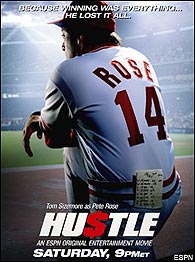 | |
| ESPN's original Pete Rose movie, "Hustle," debuts this Saturday, starring Tom Sizemore and directed by Peter Bogdanovich. |
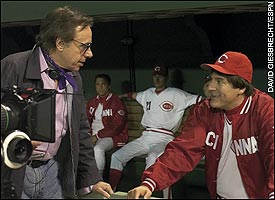 | |
| Bogdanovich, left, has directed several Oscar-winning acting performances. |
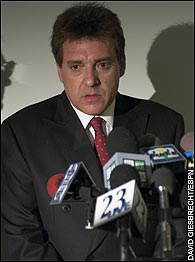 | |
| Sizemore plays Rose as a dark, tragic figure. |
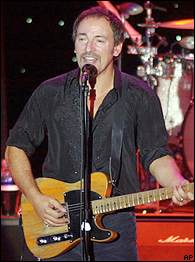 | |
| The Boss, Bogdanovich's pal, provided the opening music for "Hustle." |
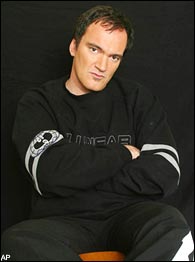 | |
| Quentin Tarantino has made multiple movie shoutouts to his homey Peter B. |